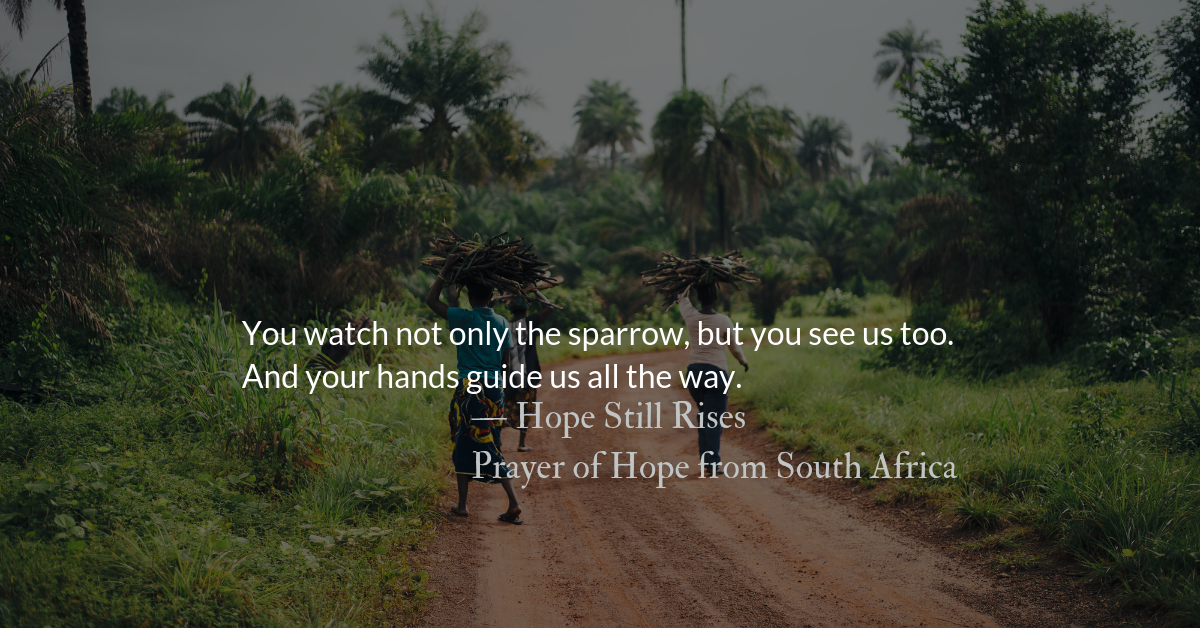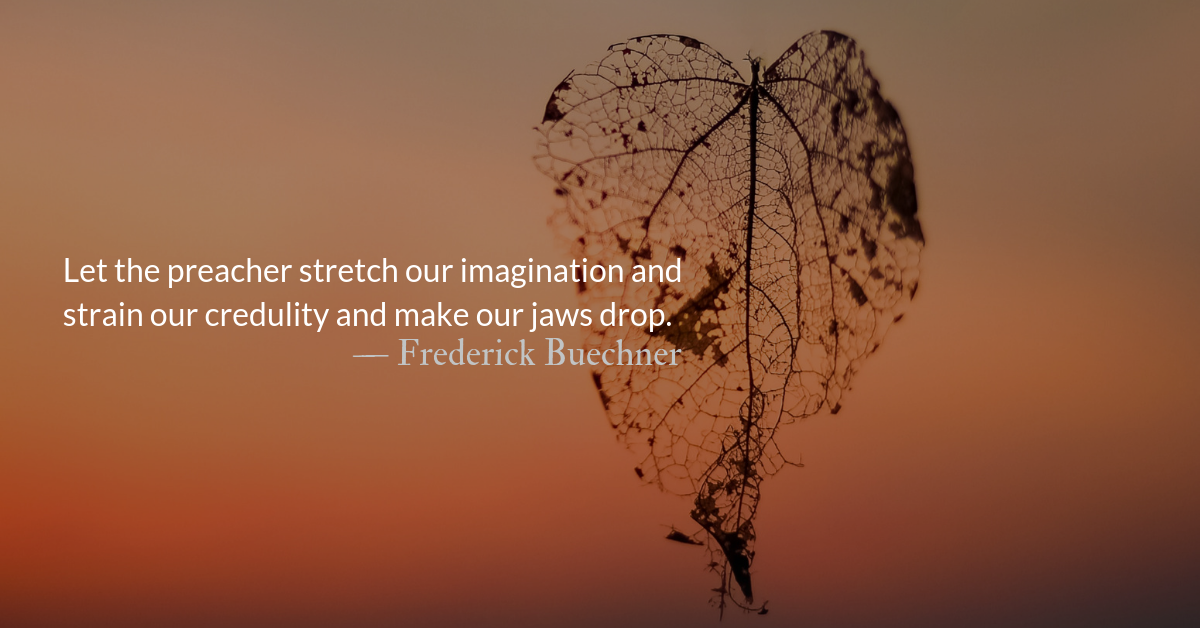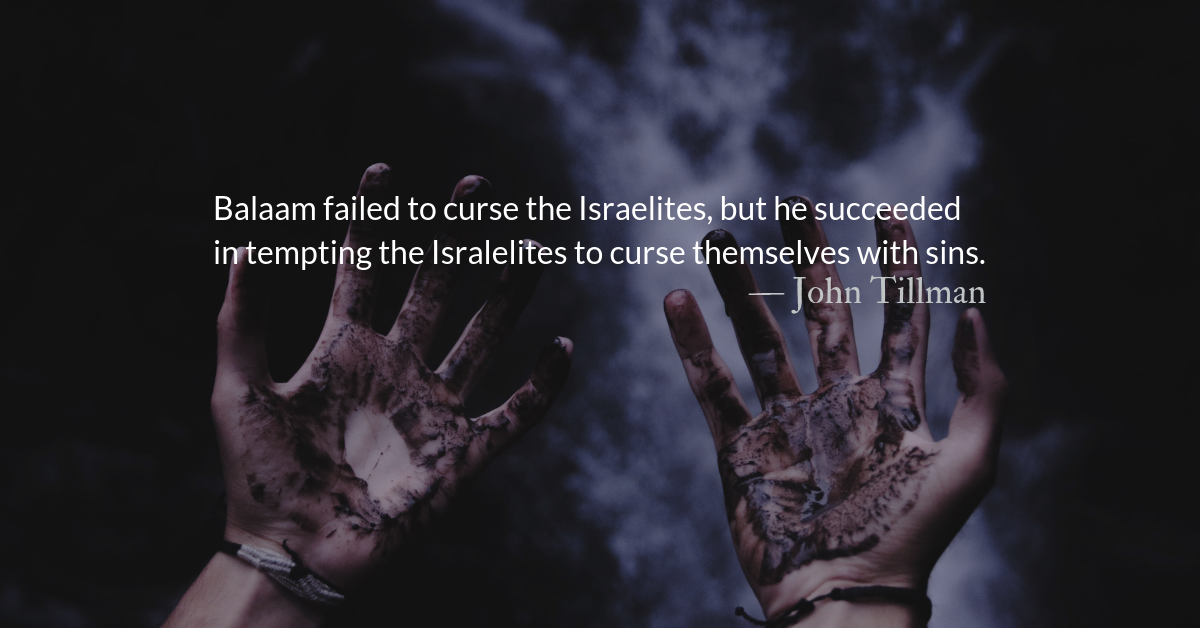Psalm 78:11
They forgot his works and the wonders that he had shown them.
Reflection: The Blandness of Hell
By John Tillman
Hell, to C.S. Lewis, is a bore.
In his work Seeing Hell through the Reason and Imagination of C. S. Lewis, Douglas Beyer admires Lewis’s improvement on the typical portrayal of Hell as more interesting than Heaven.
“One of Lewis’ remarkable achievements is that his writing reverses this [the portrayal of Hell]. His vivid imagination pictures Hell with less fire and torture and more dreariness, boredom, and grayness. He makes us see it as not only a place suitable for the Hitlers and Charles Mansons of this world, but a distinct possibility for ‘respectable’ people like us. He does this without making Hell the least bit interesting. Heaven, on the other hand, is a place of rich variety in contrast with the dull monotony of Hell.”
Hell is not only monotonous in its blandness but is not designed for the human mind. Beyer continues:
“The saved go to a place prepared for them, while the damned go to a place never made for men at all. To enter heaven is to become more human than you ever succeeded in being in earth; to enter Hell, is to be banished from humanity.”
Hell is a place of stagnation and sameness. Heaven is a place of creativity, art, celebration, and love. Hell is merely selfishness made manifest in the extreme.
Those who go to Hell, do so on their own. God lays no hand upon them—merely pushes the door open for them to enter and politely allows them to close it behind.
“The doors of Hell are locked on the inside,” C.S. Lewis says in The Problem of Pain:
“I do not mean that the ghosts may not wish to come out of Hell, in the vague fashion wherein an envious man ‘wishes’ to be happy: but they certainly do not will even the first preliminary stages of that self-abandonment through which alone the soul can reach any good. They enjoy forever the horrible freedom they have demanded, and are therefore self-enslaved.”
“The blessed,” Lewis concludes, “forever submitting to obedience, become through all eternity more and more free.”
In Heaven, we are drawn closer to God and there find joy and the communion of the saints. In contrast, Hell is a place of self-exile in which the only thing to grow closer to is the misery that we brought with us. When Sartre said “Hell is other people,” he was too broad. Hell is our self alone.
Prayer: The Greeting
Our sins are stronger than we are, but you will blot them out. — Psalm 65.3
– From The Divine Hours: Prayers for Springtime by Phyllis Tickle.
Today’s Readings
Numbers 33 (Listen – 4:53)
Psalm 78,1-37 (Listen – 7:12)
This Weekend’s Readings
Numbers 34 (Listen – 2:59) Psalm 78,38-72 (Listen – 7:12)
Numbers 35 (Listen – 4:41) Psalm 79 (Listen – 1:50)
Thank You!
Thank you for reading and a huge thank you to those who donate to our ministry, keeping The Park Forum ad-free and enabling us to continue to produce fresh content. Every year our donors help us produce over 100,000 words of free devotionals. Follow this link to support our readers.
Read more about Choosing Hell
All that are in Hell choose it. Without that self-choice, there could be no Hell. Those who seek, find. To those who knock, it is opened.
Read more about The Gospel is an Uprising
Christ portrays himself as a violent thief, breaking into the house of the strong man, Satan, destroying his defenses, and plundering his possessions.






